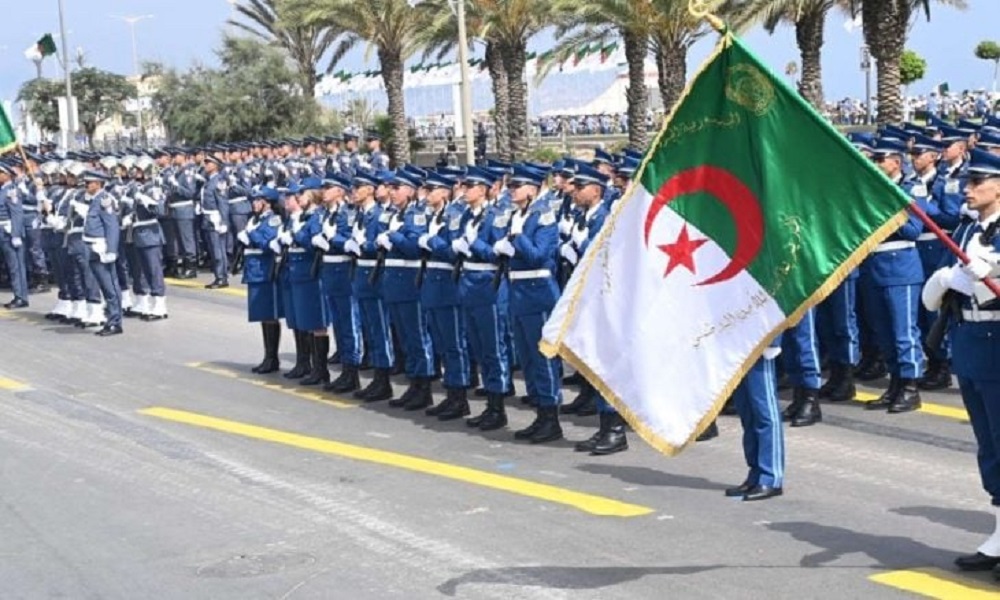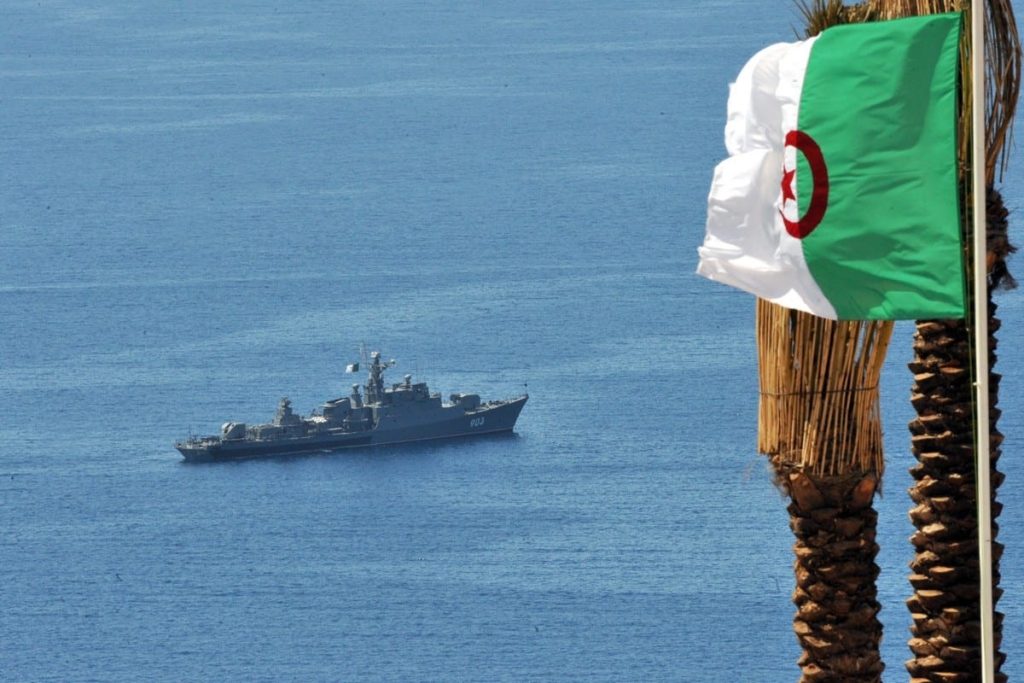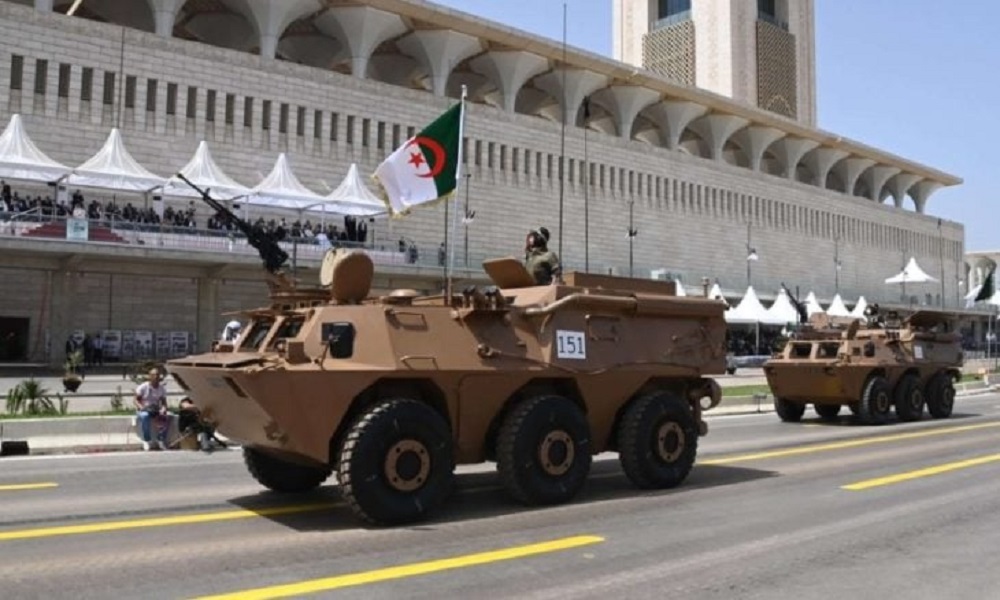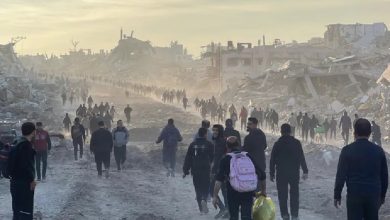Algeria’s New Draft Law on National Mobilization: A Response to Regional Instability
Amid rising tensions with Morocco, instability in the Sahel, and chaos in Libya, Algeria reintroduces a law on national mobilization to enhance its preparedness.

Watan-According to the French magazine Jeune Afrique, in light of escalating diplomatic tensions with Morocco, chaos in Libya, and instability in the Sahel region, the Algerian government is reintroducing an old draft law concerning national mobilization. Officially, the bill is presented as a regulatory law that was supposed to be adopted last year, but its timing raises questions.
The draft law on national mobilization was approved on Sunday, April 20, during a cabinet meeting in Algeria. The law aims to frame a constitutional provision included in the amended 2020 constitution, though it does not mean the activation of national mobilization itself. According to the Algerian executive authorities, the purpose is to establish the organizational, preparatory, and implementation mechanisms for a system that can only be activated by the president, after consulting with the High Security Council and the heads of the two chambers of parliament.
The goal is to activate Article 99 of the constitution, which allows for the rapid and coordinated mobilization of all national forces (civil, economic, institutional, and military) in the event of a major crisis, such as armed conflict, foreign aggression, threats to national sovereignty, internal crises, or natural disasters, as Jeune Afrique explains.

Algeria’s National Mobilization Bill: A Response to Regional Tensions
This bill also forms part of a broader set of provisions regulating states of emergency, sieges, exceptions, or wartime conditions, including various measures, defined timelines, and an enhanced role for parliament.
The national mobilization bill is not new—it has been on the parliamentary agenda since October 2024. In principle, the Algerian executive’s move is no more than the passage of regulatory laws that align with the provisions in the constitution.
However, in the context of a highly sensitive regional environment—with rising tensions with Morocco, chronic instability in the Sahel, and chaos in Libya—the timing of this draft law has not gone unnoticed. Jeune Afrique adds that on social media, many Algerians have observed that the official discourse has increasingly focused on the idea of “external threats,” with calls for anticipation and preparation.

These categories range from “ready reserves,” consisting of former soldiers who left the military less than five years ago, to “secondary reserves” for those who have not been in service for fifteen to twenty years. Officers over the age of fifty are exempt from service. The goal is to bolster ranks with experienced personnel when national mobilization is triggered, Jeune Afrique further explains.
The bill also includes guarantees, such as a salary equal to that of active-duty soldiers of the same rank and grade, protection of their civilian jobs, and an obligation for employers to reintegrate them after the mobilization period ends.
Conversely, any unexcused absence when called up for service exposes the reservist to legal action by the competent military court. This provision reflects a balance between strictness and the recognition of national duty: “Mobilization, as a duty for every individual, is based on the will, dedication, and sacrifice of reservists,” as stated in a presidential statement.






